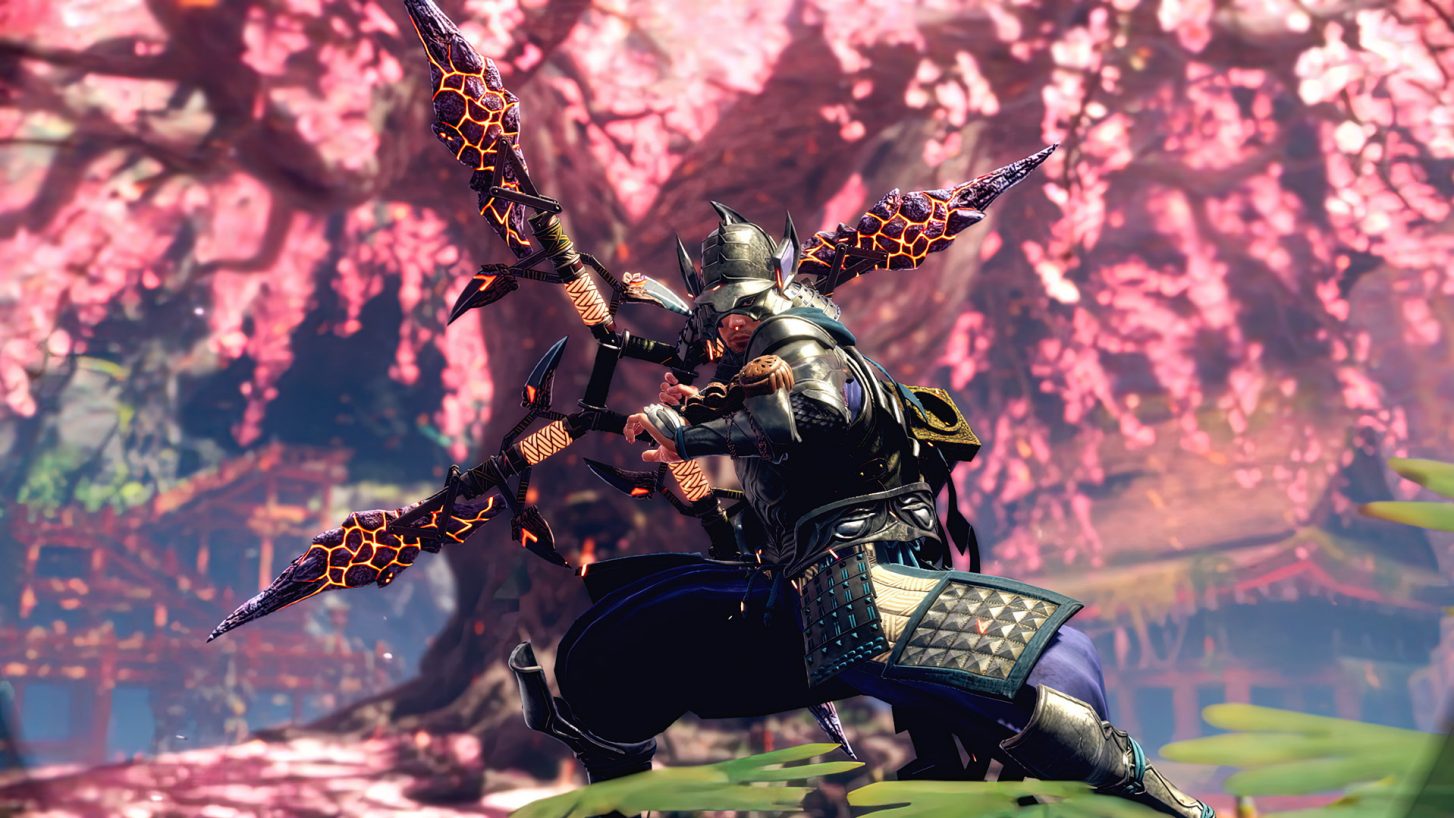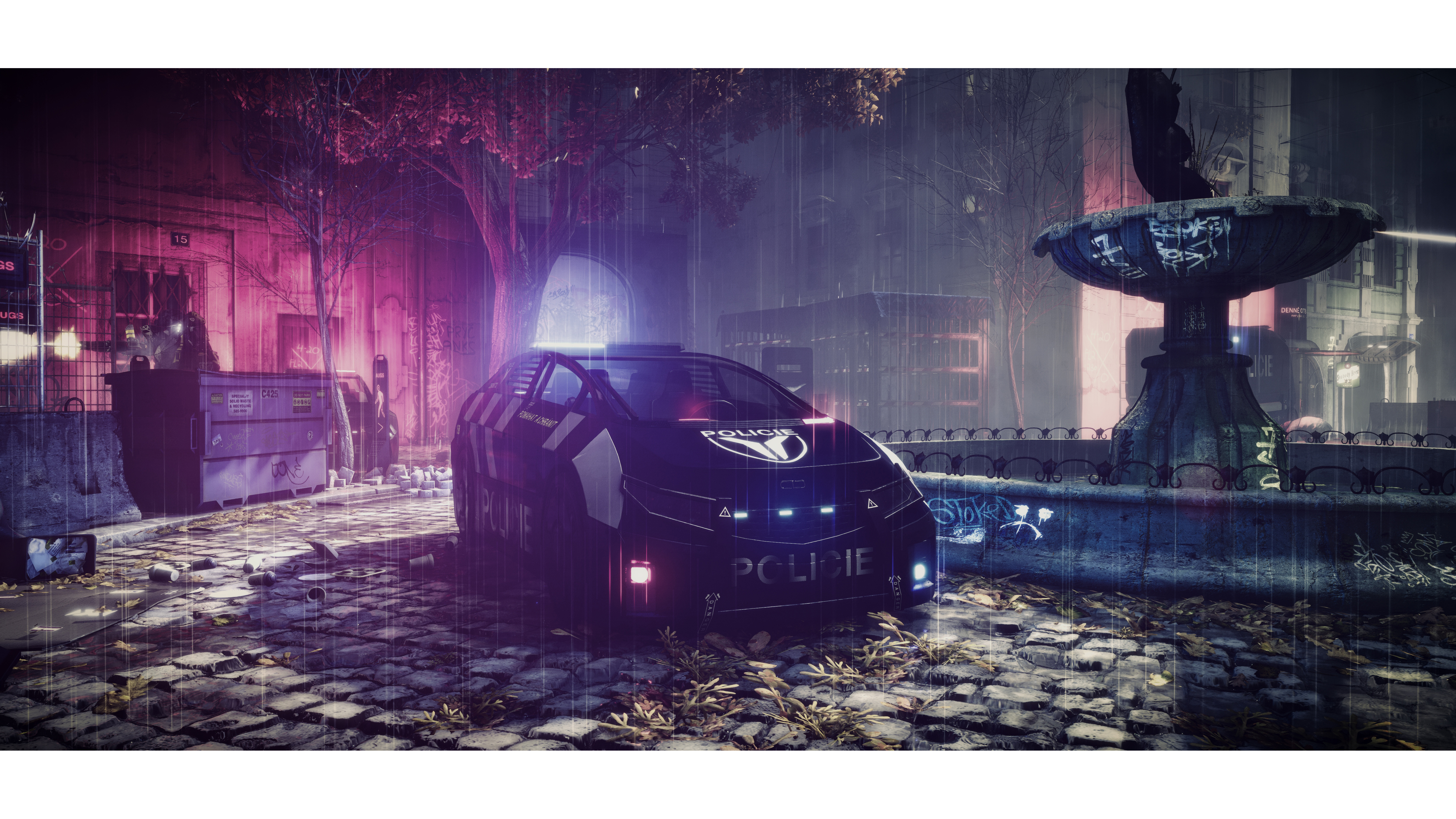
Update, May 2: This article was originally published in February, off the back of a string of disappointing big-budget PC releases. Since then, frustration with PC game performance hasn't just continued: it's boiled over.
Star Wars Jedi: Survivor sits at "mixed" reviews on Steam, with rampant stutter and bizarrely low CPU and GPU utilization the major culprits. Redfall is right on its heels—running better than it was pre-release, but still in rough shape.
In April, The Last of Us Part 1 arrived broken as all hell. In March, Wo Long: Fallen Dynasty arrived in a similarly woeful state to Wild Hearts, another action game from developer Koei Tecmo.
Every few weeks there's another high-profile disappointment. It sucks—both for players, and for the developers who have to scramble to rush out patches just after release. Publishers like EA can continue writing post-launch apologies, but without more transparency, more realistic deadlines, or a significant change to how PC game compatibility and performance are tested, this problem isn't going away.
Below is our original overview of the string of PC port faux pas, lightly edited to account for noteworthy updates.
The top-voted Steam review for monster battler Wild Hearts, when it released in February, was a thumbs down: one of approximately 1,700 negative reviews posted in Wild Hearts' first 24 hours on the store, earning it a "mostly negative" rating. "The price is higher than the FPS you will be able to pull in this game," the review reads. 571 people marked it helpful. Five people reacted with a slow clap emoji. One awarded it the prestigious Michelangelo trophy.
The instant cratering of Wild Hearts' user reviews reminds me of what happened to Warhammer 40K: Darktide in December (currently mixed, with 30,000 negative reviews). It reminds me of Final Fantasy 7 Remake's "disappointing, barebones port" from late 2021, and Elden Ring's stuttery PC performance, which Digital Foundry said "simply isn't good enough." It reminds me of when Nier: Automata was review bombed because Square Enix left it unpatched for four years, then released a better version on the Microsoft store (a fix finally arrived on Steam months later). There's a feeling in the air right now that game studios are turning in shoddy PC ports, and that PC performance in general is getting worse.

It's the year 2023! If we can't have flying cars, surely at least we can have PC games that don't stutter every 30 seconds.
Of course there have been bad PC ports as long as there have been PCs. We've written about some of the worst ports ever, from 1993's DOS Street Fighter 2 to 2015's Arkham Knight. But we've raised our standards after years of quality ports like Grand Theft Auto 5, the Tomb Raider trilogy and Days Gone. And "same as it ever was" is a poor excuse—it's reasonable to hope that past mistakes won't be repeated, like, forever.
Some major publishers sure don't seem to be learning, though.
Building a feature-rich, well-optimized PC game is obviously a huge job, but the guidance on what a PC version should include is easier to find than ever before. In 2014 we published an article by Dark Souls modder Durante titled The features PC gamers want, which outlined essential elements like rebindable keys, unlocked framerate and resolution support and other important features like adjustable FOV and aspect ratio and moddability. Meanwhile the strides publishers like Microsoft and Ubisoft have made to include important accessibility options in their games should become universal (though there's still much room for improvement).
We've come a long way since Dark Souls: Prepare to Die Edition
Plenty of cross-platform PC games in recent years have earned praise for nailing both performance and options: in January Hi-Fi Rush arrived absent Unreal Engine 4's usual stuttering issues, which was a point of focus for its developers. Death Stranding was an early showcase for the power of Nvidia's DLSS.
But enough games have launched lately with either bafflingly bad performance or fundamentally missing features that there's ample reason for PC gamers to be frustrated again.
Are PC ports getting worse?
With the prices of graphics cards today, no wonder we're looking at PC ports with a more critical eye these days
"I was almost broken as a reviewer for Digital Foundry [in 2022]," Alex Battaglia said in a video about the ways developers can avoid repeating last year's crop of "lousy" PC ports in 2023. So far, it's not going well. Many of his points expand on the ones Durante laid out in 2014. Compared to eight years ago, I think it's fair to say that many console ports are arriving with more graphics options and fewer locked framerates. And those console ports are arriving in numbers we couldn't have dreamed of a decade ago, which is great. But they still often bungle some of the details, and gone are the days where we were thankful to have any PC port that wasn't a flaming dumpster fire.
Also gone are the days where better-than-console performance was still reasonably affordable.
"What I want to see from PC gaming hardware most of all this year is some semblance of value," our hardware editor Dave James wrote in January. Ultra-enthusiast hardware pricing is currently strangling PC gaming. The Nvidia RTX 4080 costs $1200—$500 more than the GTX 2080 cost five years ago. You could've easily built an entire 2080 gaming rig and still had some of that difference left over.
With the prices of graphics cards today, no wonder we're looking at PC ports with a more critical eye. Either you've spent loads of cash and expect a game to run like a dream with all the bells and whistles, or you're on weaker hardware that suffers mightily when a port isn't as optimized as it could be.

"Optimization" is a tricky word that Durante wrote about in 2016, because it can often be player shorthand for "this game doesn't run well on my PC." With a new generation of consoles on the field, we might need to adjust some of our expectations of how demanding a PC game should be. A game isn't unoptimized just because you can't set everything to Ultra, which we typically could do during the PS4 generation, from 2013 to 2020.
But I still don't think that's the root of most of today's criticized ports:
- Steam reviewers lambasted Forspoken for looking worse than its trailers—and worse than contemporary open world games—while being basically as demanding as Cyberpunk 2077
- Sony's first big PC port, Horizon Zero Dawn, launched with substantial issues, including broken anisotropic filtering and poor borderless windowed performance, though it was much improved through patches
- HD remasters of classic games inevitably seem flawed in some way that modders have to fix: Ninja Gaiden Collection and Chrono Cross are offenders from the last two years
- The Callisto Protocol had a severe stuttering issue at launch due to a file mix-up, which was, at least, quickly patched
- Gotham Knights pushed high-end hardware despite having a more barren, less attractive open world than 7-year-old Arkham Knight
- Hogwarts Legacy, Final Fantasy 7 Remake, Stray, Kena: Bridge of Spirits, and Evil West are all Unreal Engine 4 games that have launched with stuttering issues
- Elden Ring, a year after launch, still exhibits similar stuttering problems—particularly disappointing in a game hard locked to 60 fps
- Midnight Suns saw a framerate boost from disabling 2K's annoying launcher
- Dead Space launched with fuzzy textures thanks to variable rate shading, as well as stuttering, though a patch quickly fixed the first issue
Big or small, these were all real problems that extended beyond a game being too demanding for contemporary hardware. If you follow one high profile release after another, it can start to feel like every game has something wrong with it at launch, even if it's not quite that bad.
Some launch day issues can be forgiven and forgotten with patches. Others not so much. Wild Hearts' performance on PC seemed vastly out of line with where it should be considering the level of detail in the game, and sub-60 fps performance on consoles hinted that the problems weren't exclusive to PC. These issues should not be a surprise for the developers—performance on mid-range hardware is bad enough that it must have been obvious in testing pre-release. That means publisher EA decided it was acceptable to release in such a state. The developers rushed out some performance fixes within two weeks, and continued fixing hundreds of issues in March and April. But it's hard to lure players back after that bad first impression.
It doesn't have to be this way.
This may be a radical idea, but I want to see more last-minute delays from big games if performance isn't up to snuff. This would disappoint some players, yes, but it'd be refreshing to see a publisher like EA explain, in detail, what polish needs to be done and why. It's not like we're shipping PC games on discs anymore, and I don't care if it ruins the marketing plans. Releasing a game with such blatant framerate issues is just poisoning the well, and it's hard to claw back out of a mostly negative Steam review hole.
Even better than a last-minute delay: plan a beta period into the development cycle with enough time to actually fix shit after. If you can't move the release date, salvage your launch by releasing in early access where expectations are different.
Whether we like it or not, PC players have to get used to stuttering being an ongoing problem, and one that's not likely to be solved in 2023 (though Unreal Engine 5 offers a glimmer of hope). More developers could squash this rampant affliction right now by choosing to precompile shaders. PC gamers might be impatient about our game download speeds, but I think we can all wait five minutes in the opening menu if it means avoiding a giant stutter every few seconds.
If you look outside big budget games, PC gaming in 2023 is more exciting and vibrant than it's ever been. And even with the performance issues we can expect from nearly every triple-A launch, it's still better than the days when unlocking framerates routinely caused games to run at double speed.
To keep PC gaming healthy we just have to keep praising the ports that get it right—and pushing for the ports that get it wrong to acknowledge their issues and fully address them. Same as it ever was.







